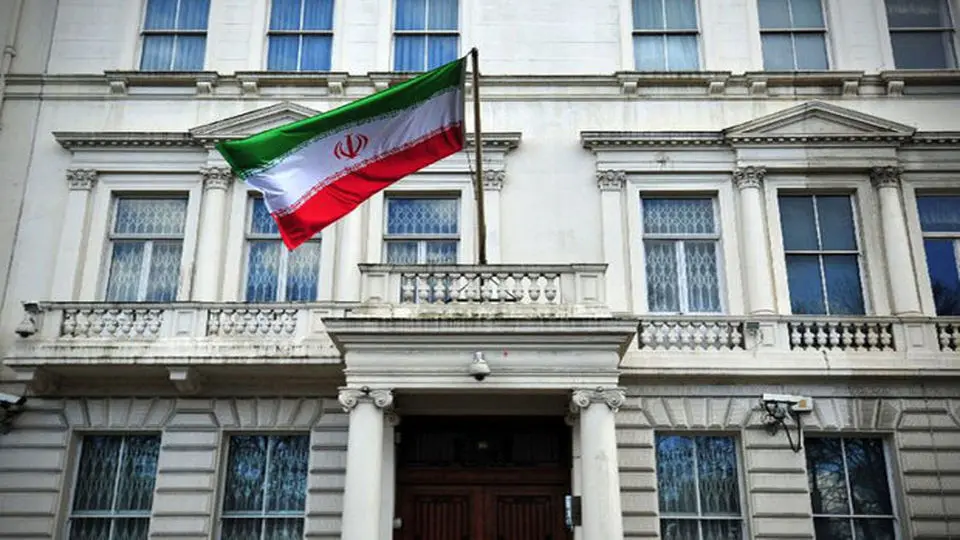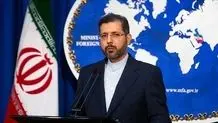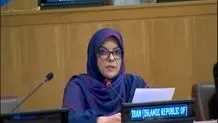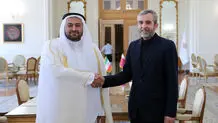Iran envoy:
Illegitimate Israeli regime cannot tolerate peace anywhere
In reaction to the Zionist regime's envoy's article about the JCPOA revival, an Iranian envoy said regime's destructive demand from Britain to reject the deal shows that the illegitimate regime cannot tolerate peace anywhere.

MEHR: In reaction to the Zionist regime's envoy's article about the JCPOA revival, an Iranian envoy said regime's destructive demand from Britain to reject the deal shows that the illegitimate regime cannot tolerate peace anywhere.
“Destructive demands by the Zionist Regime’s envoy from the UK once again shows that this illegitimate Regime cannot tolerate peace & security either in the region or in any other part of the world,” Mahdi Hosseini Matin, Iran’s charge d'affaires in London, said in a post on his Twitter account on Friday.
He added that the Tel Aviv regime cannot even stand Britain’s “right of sovereign decision” with regard to the nuclear deal, formally known as the Joint Comprehensive Plan of Action (JCPOA).
In an article in the British daily broadsheet newspaper The Telegraph, Israel’s envoy to London Tzipi Hotovely, claimed that the latest nuclear deal put to the Iranians is a dangerous one that poses as much a threat to London and Washington as it does to Tel Aviv, urging the UK and other close allies in the West to reject this agreement.
In another tweet on Friday, Hosseini Matin said the “terrorist regime” in Tel Aviv, founded on the basis of occupation and violation of international law, has a decades-long history of “fake accusations against Iran’s peaceful nuclear program.”
The JCPOA is an international document endorsed by the UN Security Council Resolution 2231, the Iranian envoy added.
The United States, under former president Donald Trump, abandoned the agreement in May 2018 and reinstated unilateral sanctions that the agreement had lifted.
The talks to salvage the agreement kicked off in the Austrian capital city of Vienna in April last year, months after Joe Biden succeeded Trump, with the intention of examining Washington's seriousness in rejoining the deal and removing anti-Iran sanctions.
Despite notable progress, the US indecisiveness and procrastination caused multiple interruptions in the marathon talks.
Four days of intense talks between representatives of Iran and the five remaining parties to the JCPOA ended on August 8 with a modified text proposed by the EU on the table.
Iran submitted its response to the EU draft proposal on August 15, a week after the latest round of talks wrapped up which the bloc described as “reasonable". After submitting its response, Tehran urged Washington to show "realism and flexibility" in order to reach an agreement.
The United States, for its part, took several weeks to offer its response to Iran’s comments.
On Friday, Iranian Foreign Ministry spokesman Nasser Kan’ani said Tehran has offered its opinion on the US’ response to the EU draft text for the JCPAO revival.
“The text that was sent (by Iran) has a constructive approach aimed at finalizing the negotiations,” Kan’ani added.




